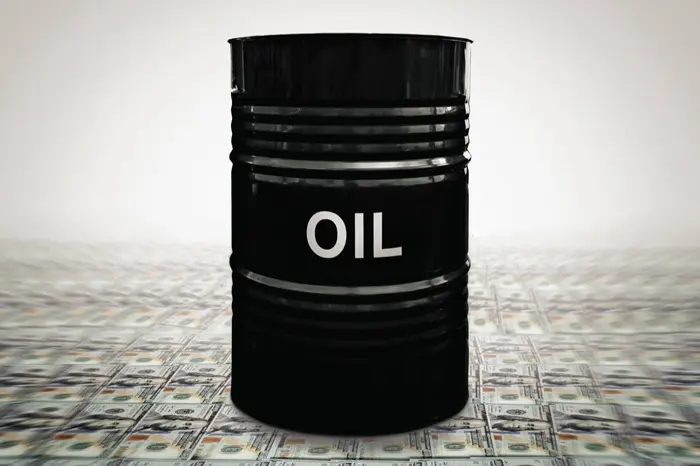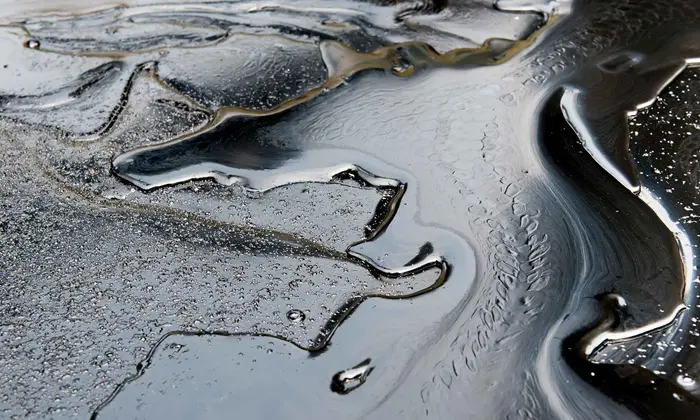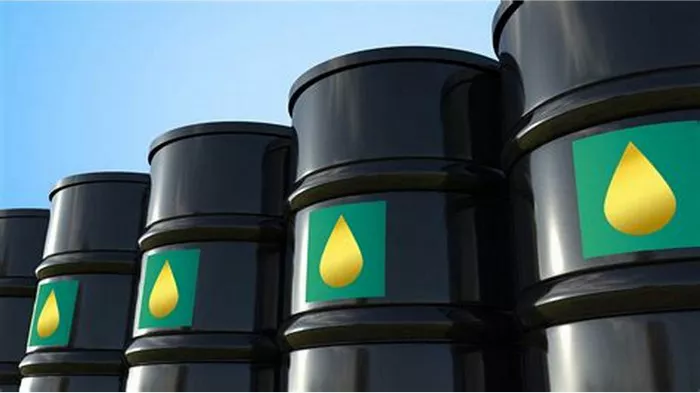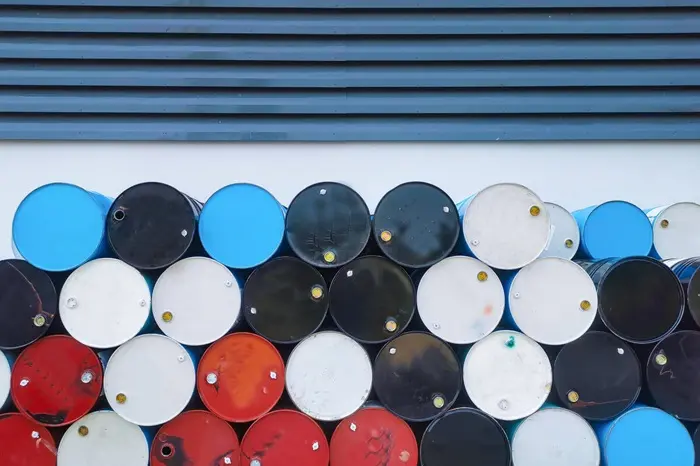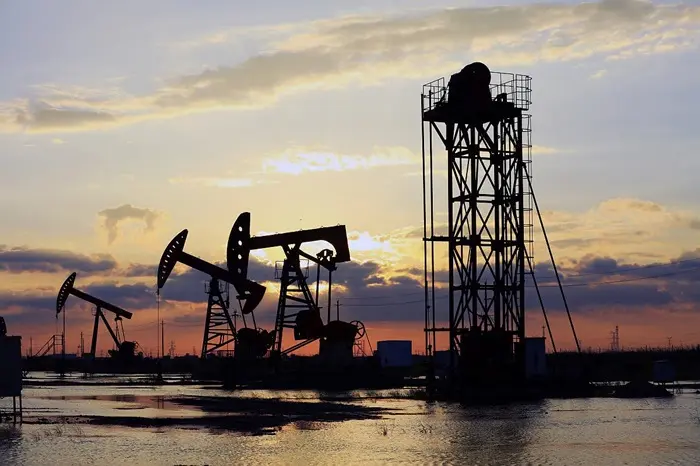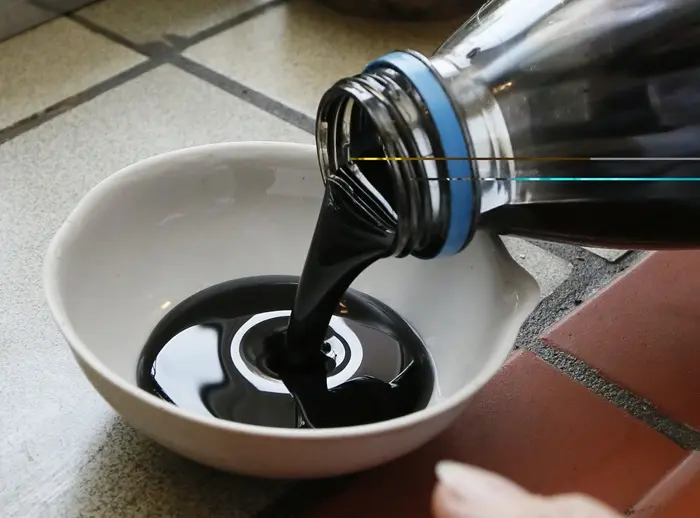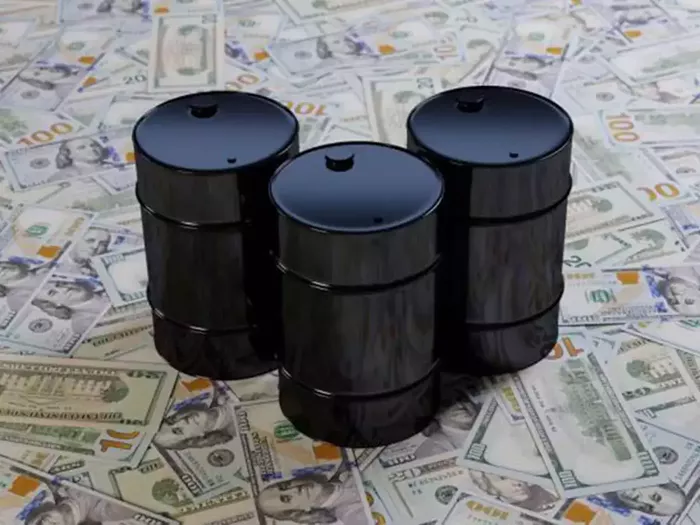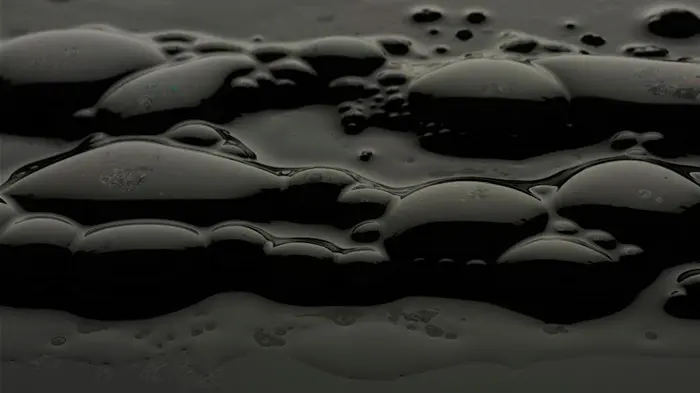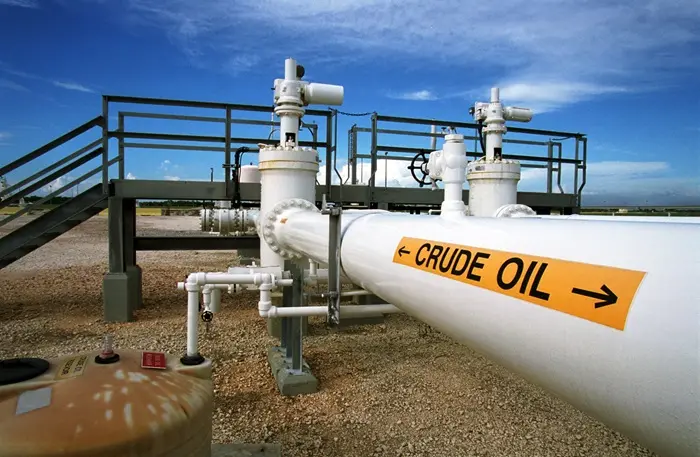Crude oil is a vital commodity in the global economy, impacting everything from energy production to the manufacturing of various products. Understanding the longevity and storage of crude oil is crucial for businesses, investors, and policymakers alike. This article provides an in-depth analysis of how long crude oil lasts in a barrel, including factors that affect its shelf life, storage conditions, and industry practices.
Introduction to Crude Oil Storage
Crude oil, extracted from underground reservoirs, is typically stored in large barrels for transportation and refining. The longevity of crude oil in a barrel depends on several factors, including the type of crude oil, storage conditions, and potential contamination.
Types of Crude Oil
Crude oil varies in composition, affecting its stability and shelf life. There are two main types:
Light Crude Oil: This type is less dense and has a lower viscosity. It tends to be more stable and has a longer shelf life compared to heavier crude oils.
Heavy Crude Oil: Heavier and more viscous, this type can be more prone to degradation and may have a shorter shelf life.
Storage Conditions
The conditions under which crude oil is stored play a significant role in determining its longevity. Key factors include:
Temperature: Extreme temperatures can affect the stability of crude oil. High temperatures can accelerate the degradation process, while low temperatures can cause the formation of wax.
Pressure: Maintaining appropriate pressure levels helps prevent the volatilization of lighter hydrocarbons and minimizes the risk of contamination.
Tank Material: The material of the storage tank can influence the shelf life of crude oil. Corrosive environments or incompatible materials can lead to contamination.
See Also: Crude Oil vs Petroleum: What’s The Difference?
How Long Does Crude Oil Last in a Barrel?
The longevity of crude oil in a barrel depends on various factors, including its composition, storage conditions, and exposure to contaminants. Generally, crude oil can last anywhere from several months to several years under optimal conditions.
Impact of Storage Conditions
Temperature and Humidity
Proper temperature and humidity control are crucial for extending the shelf life of crude oil. Storage tanks should be kept in a climate-controlled environment to prevent temperature fluctuations that could lead to degradation. Excessive humidity can also lead to corrosion of the storage tank, which can impact the quality of the crude oil.
Tank Integrity
The integrity of the storage tank is essential for maintaining the quality of crude oil. Tanks should be regularly inspected and maintained to prevent leaks and contamination. Any damage or corrosion can compromise the quality of the crude oil and reduce its shelf life.
Contamination Risks
Contamination is a significant concern when storing crude oil. Various contaminants, including water, dirt, and microorganisms, can negatively impact the quality and longevity of crude oil. Effective filtration and regular testing can help mitigate these risks.
Water Contamination
Water contamination can occur through condensation or leakage. Water in crude oil can lead to microbial growth and corrosion of storage tanks. Regular monitoring and water removal processes are essential to prevent these issues.
Microbial Growth
Microorganisms, such as bacteria and fungi, can grow in crude oil if proper storage conditions are not maintained. These microbes can produce acids and gases that degrade the quality of the oil. Regular testing and treatment can help control microbial growth.
Industry Practices for Extending Crude Oil Shelf Life
The oil industry employs several practices to extend the shelf life of crude oil and ensure its quality over time.
Regular Testing and Monitoring
Routine testing and monitoring of crude oil are essential for detecting any signs of degradation or contamination. Industry standards require regular sampling and analysis to ensure that the oil remains within acceptable quality parameters.
Use of Additives
In some cases, additives may be used to enhance the stability of crude oil and extend its shelf life. These additives can help prevent the formation of sludge, reduce oxidation, and improve the overall stability of the oil.
Proper Tank Maintenance
Regular maintenance and inspection of storage tanks are critical for ensuring the longevity of crude oil. This includes checking for leaks, corrosion, and other issues that could affect the quality of the oil. Proper tank maintenance helps prevent contamination and extends the shelf life of the crude oil.
Conclusion
Understanding how long crude oil lasts in a barrel involves considering various factors, including the type of crude oil, storage conditions, and contamination risks. While crude oil can last from several months to several years under optimal conditions, proper storage practices are essential for maintaining its quality and extending its shelf life. By adhering to industry standards and implementing effective monitoring and maintenance practices, businesses and investors can ensure the longevity and quality of this crucial commodity.
[inline_related_posts title=”You Might Be Interested In” title_align=”left” style=”list” number=”3″ align=”none” ids=”3626,3615,3589″ by=”categories” orderby=”rand” order=”DESC” hide_thumb=”no” thumb_right=”no” views=”no” date=”yes” grid_columns=”2″ post_type=”” tax=””]

